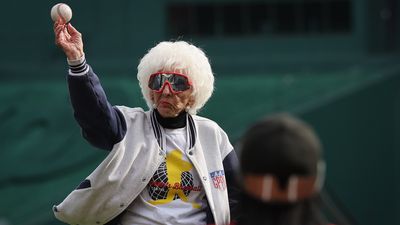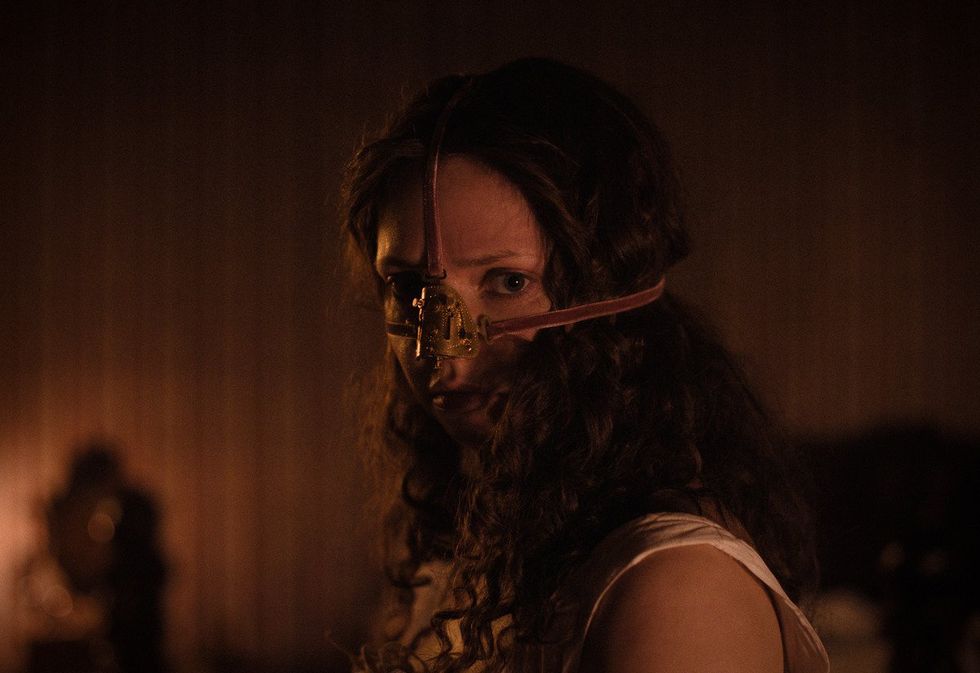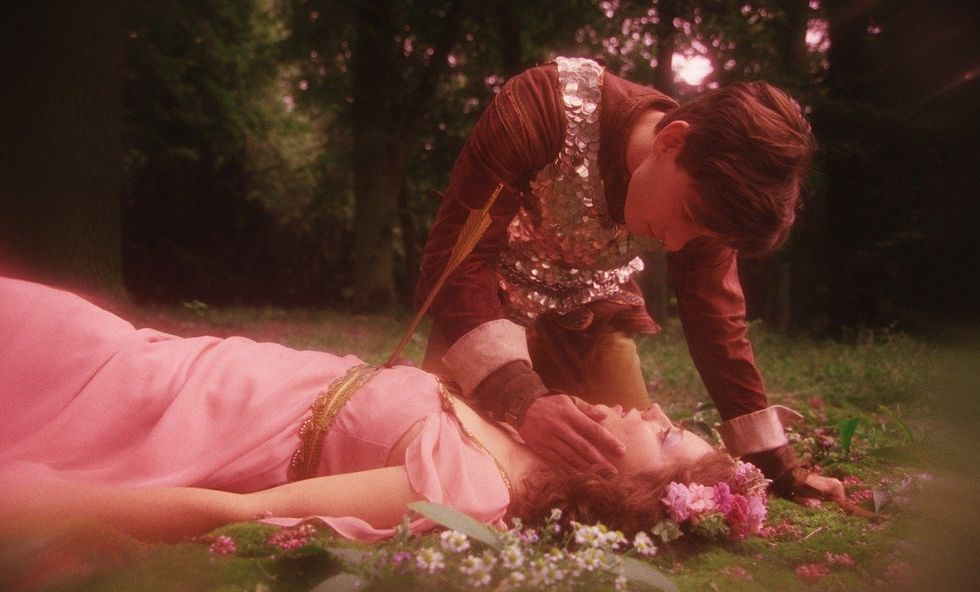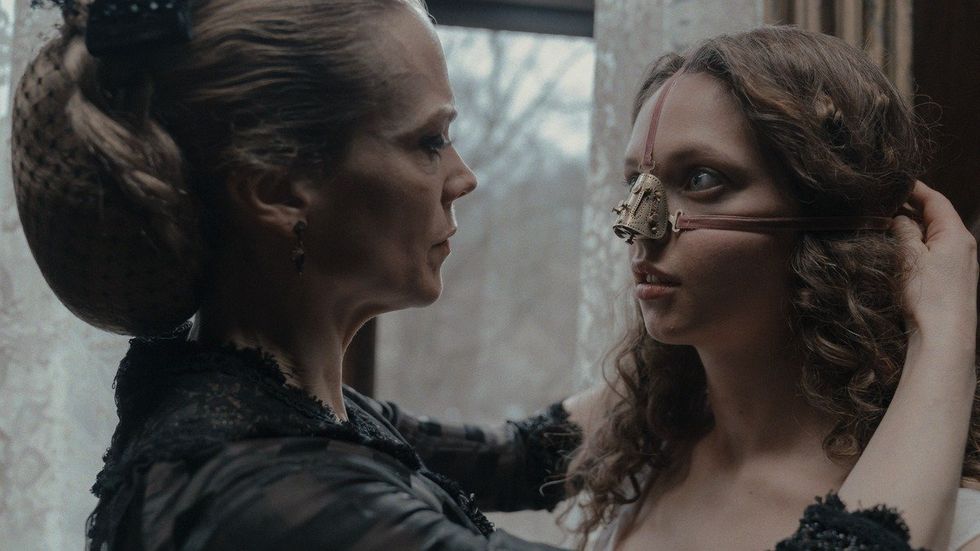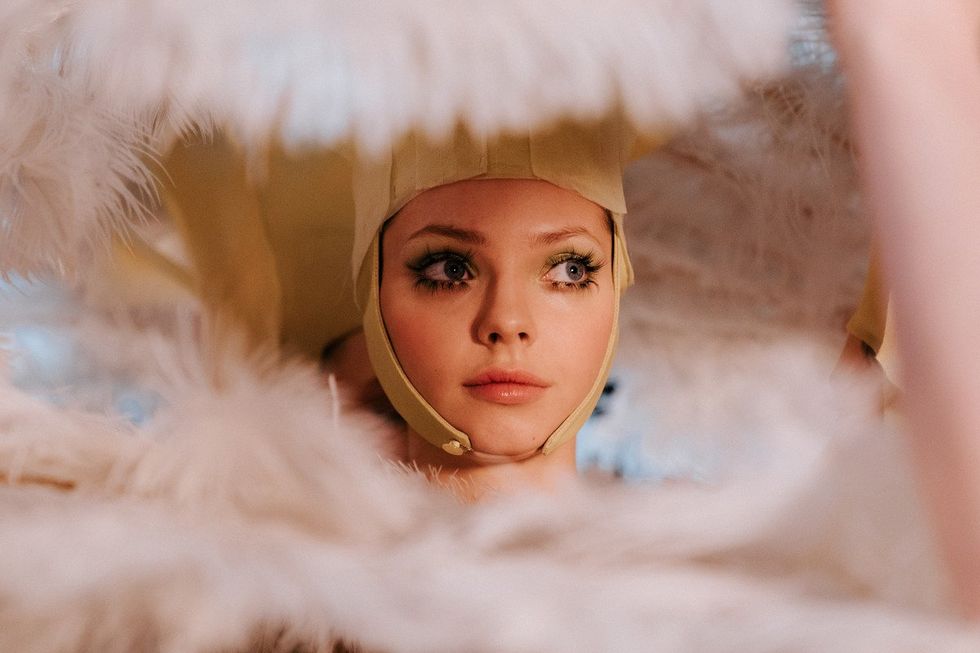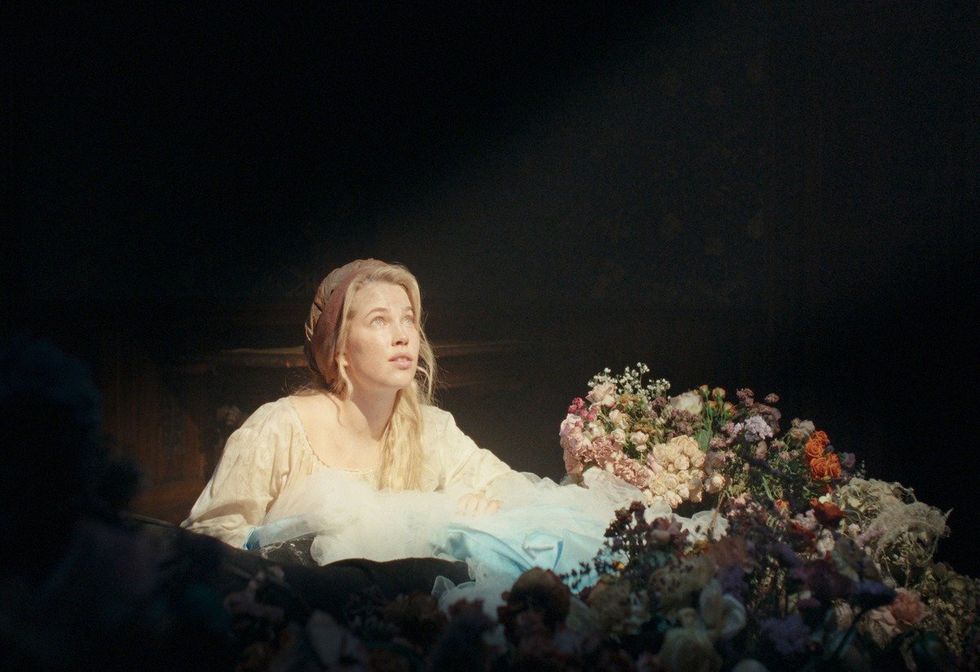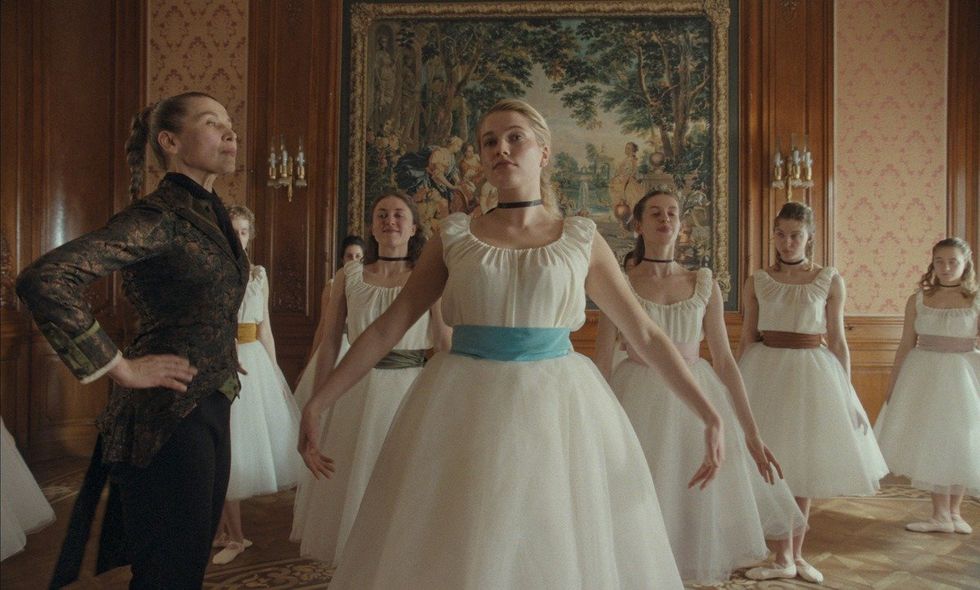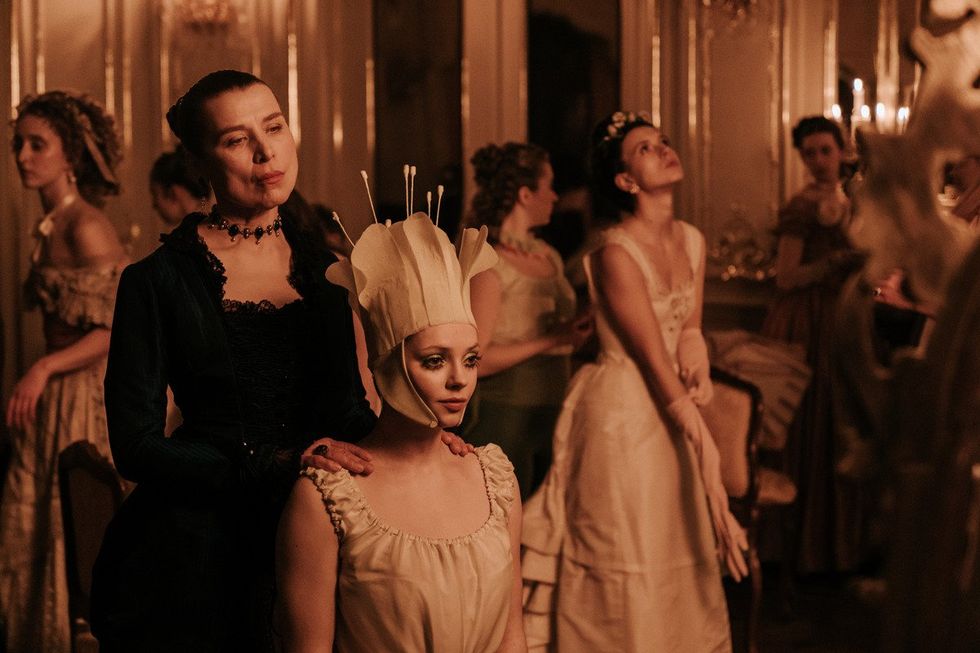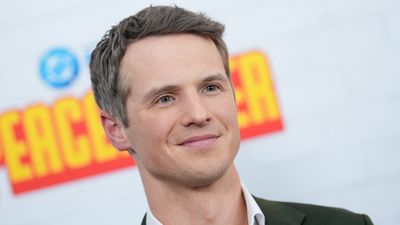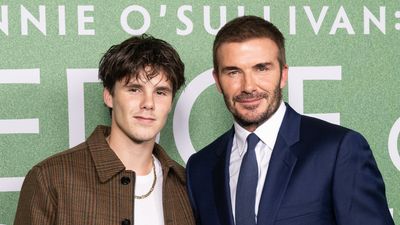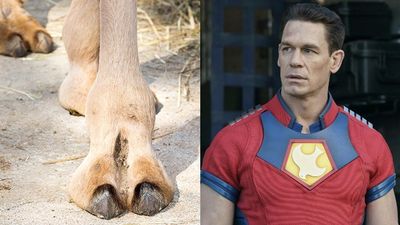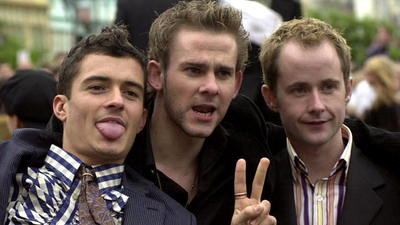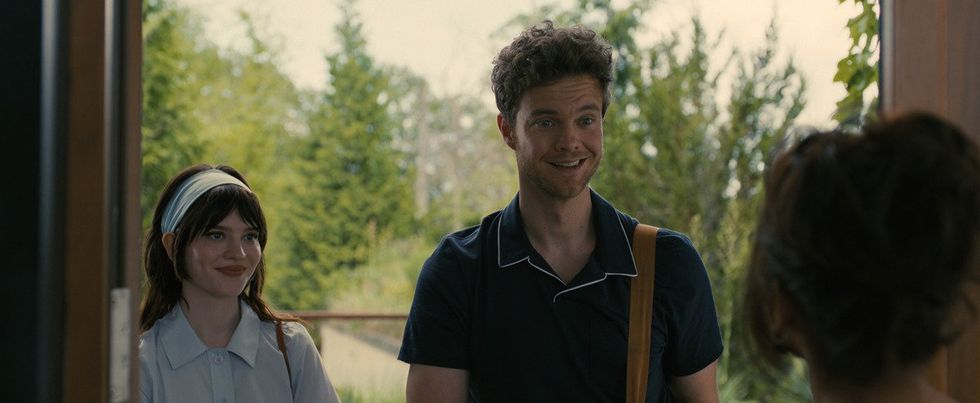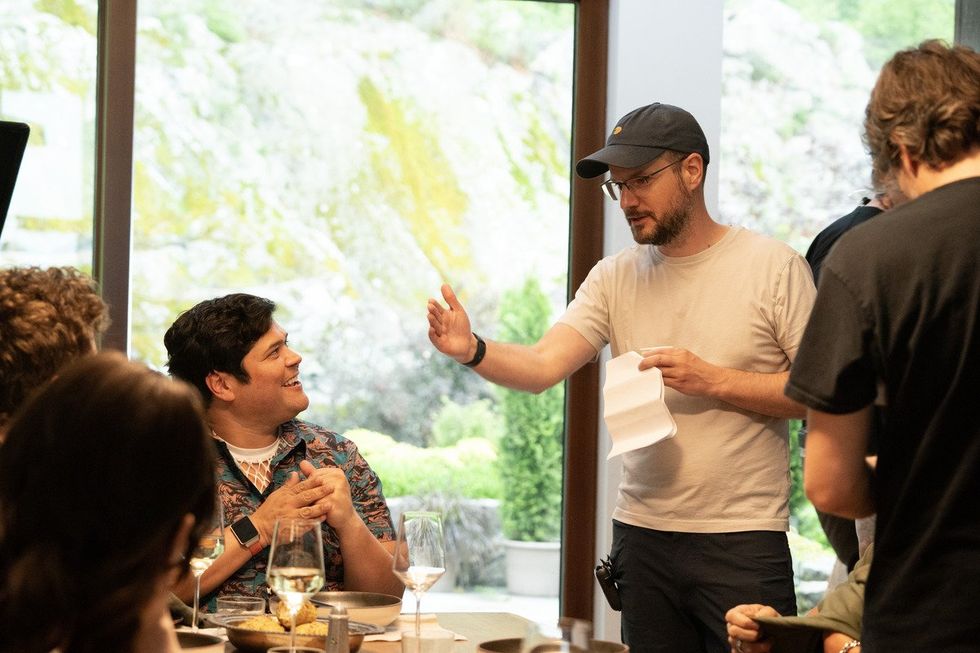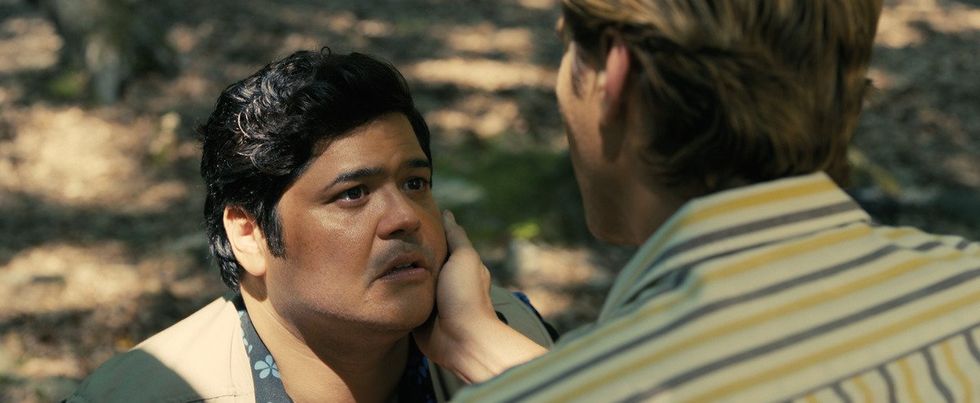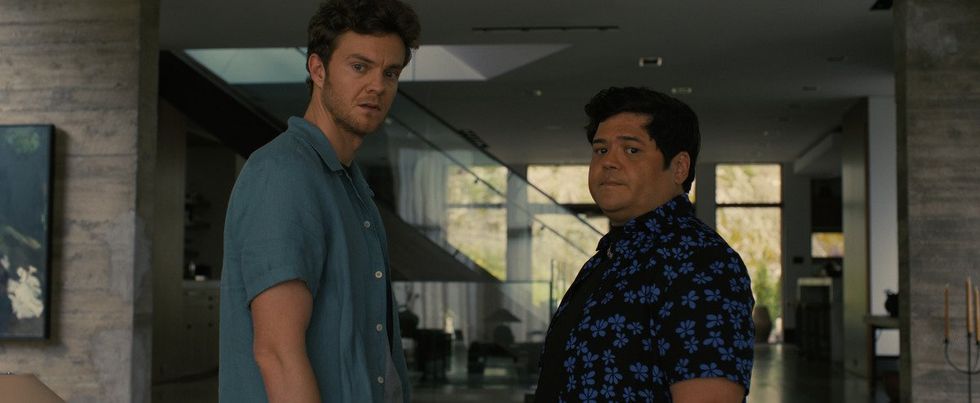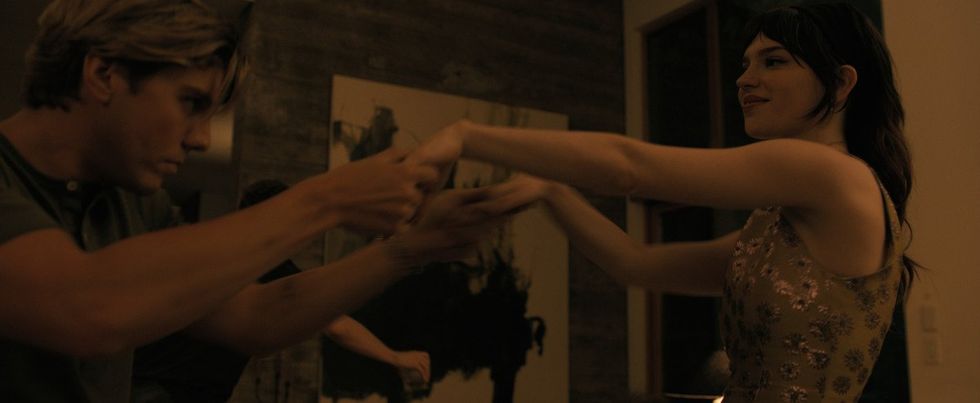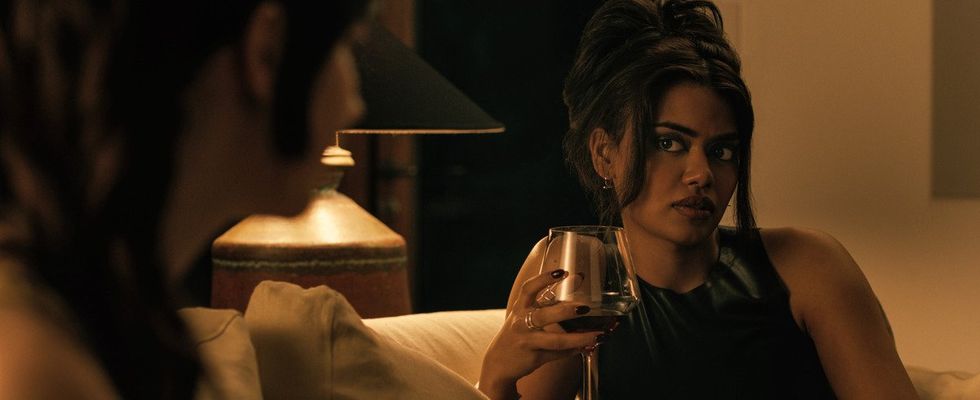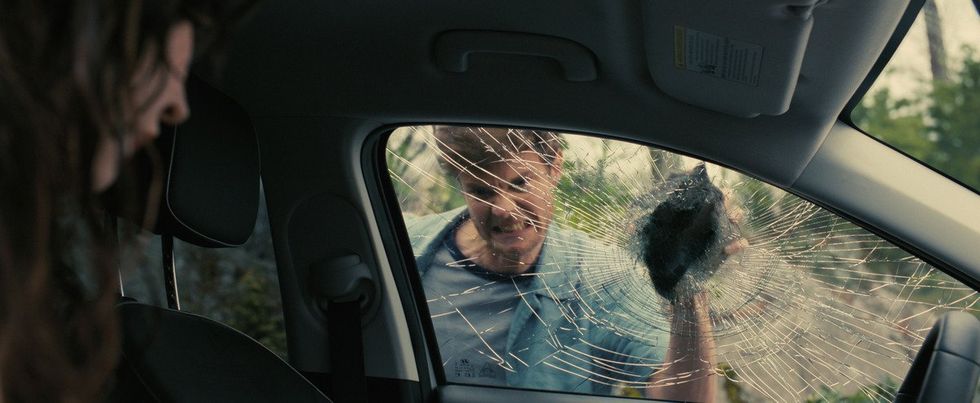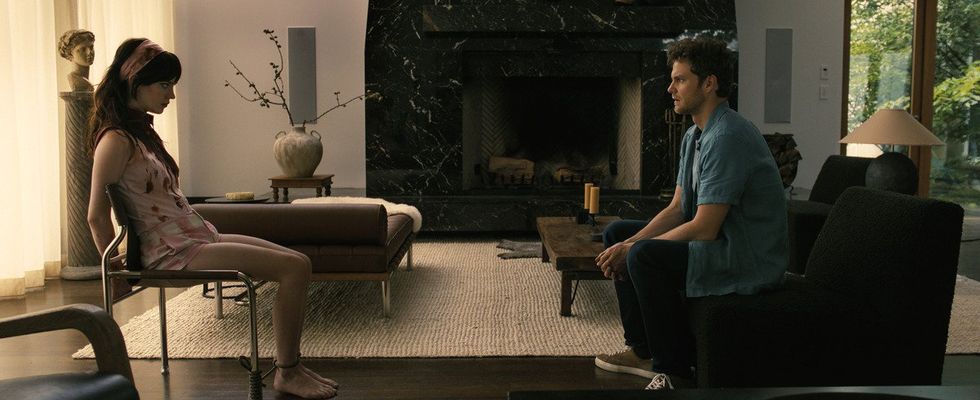As a queer person, one of the most enduring fights I’ve seen my community face is the right to visibility. Lots has changed in the past century, and we’ve found ourselves at a place where cis homosexual men (and sometimes women) are beginning to have a slightly easier time finding proof of our existence in media, culture, and the history books. But not all of us in the LGBTQ+ community are seeing our stories told, archived, and reflected in equal measure. Desire Lines, which made its premiere at this year's Sundance Film Festival, is an extraordinary experimental work that captures the experiences, lives, challenges, and loves of gay trans men, a group that is too often invisible, even within their own communities.
Part fiction and part documentary, filmmaker Jules Rosskham has created a fascinating hybrid cinema model. It’s a jarring and bizarre mix of mediums that explores real people who deserve to have their stories told and preserved. In the film, an Iranian American trans man named Ahmad (Aden Hakimi) time-travels with the help of a fantastical bathhouse that’s been transformed into an archive of queer experience. He’s on a mission to reveal the daring sexual secrets of his past and to remember the loves and encounters that he’s left behind. It’s an erotic, trans-masc phantasmagoria, a fever dream where he encounters Kieran (Theo Germaine), an archivist of queer memories. Soon, Kieran’s own past and existence become braided into the trans history on display within the more formal documentary segments of the film.
The project oscillates between Ahmad and Kieran’s journey through the archive and real-life footage and conversations with trans men, non-binary folk, and a diverse group of queer people from all walks of life. This sort of experimental framing could have easily been confusing or overly ambitious, but Rosskam uses a steady hand to land a cohesive vision from start to finish. This is not wholly surprising as he is reported to be a leading trans academic and scholar, and it does feel like we are in the capable hands of a genius mad scientist.

Both sides of the cinematic coin are equal here in their necessity for the overall concept and story. The dramatised fiction between Ahmed and Kiernan is gorgeous and tragic, and the conversations with trans men, both alive and passed on, are precious and miraculous to behold. When folded together, the film successfully time travels and shifts between worlds both real and imagined.
The most important facet of the film comes when we are transported back to the late 1980s to witness real footage of trans activist Lou Sullivan, who himself shined a light on the existence of gay trans men when nobody else was. Sullivan was possibly the very first trans man to publically exist as a homosexual, and was responsible for a lot of education and activism surrounding his community. While the entirety of Desire Lines was fascinating to behold, it was the moments I was able to hear and learn directly from Sullivan, who died at 39 from AIDS, that I found to be the most incredible part of this unique journey.
Desire Lines is an extraordinary experimental work that captures the experiences, lives, challenges, and loves of trans men; a group that is too often invisible, even within their own communities.
Rating: 4 stars

















































